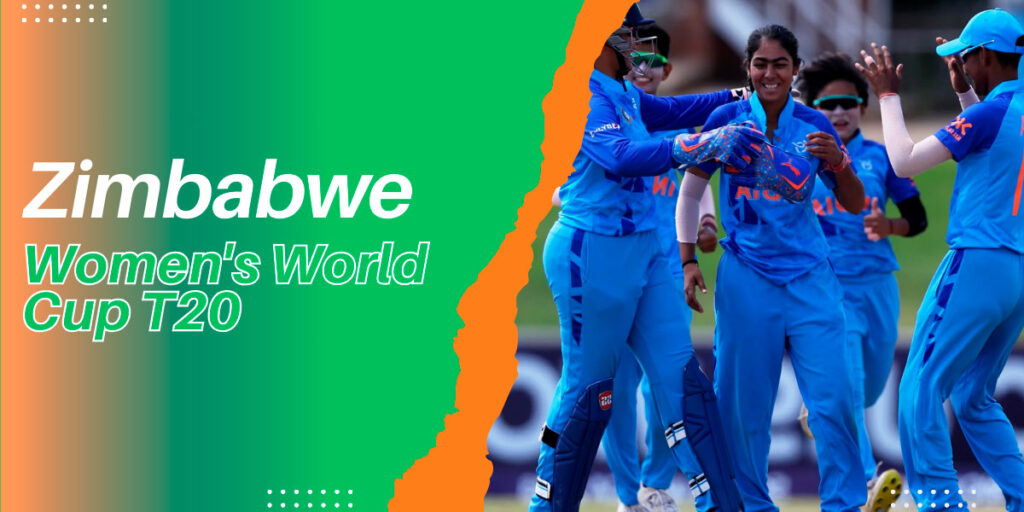Zimbabwe Cricket has expressed its interest in hosting the upcoming ICC Women’s T20 World Cup, originally scheduled to take place in Bangladesh. The tournament, set to commence on October 3, 2024, faces uncertainties due to ongoing anti-government protests in Bangladesh, which have raised significant security concerns. As a result, alternative host locations are being explored, with the United Arab Emirates (UAE) also under consideration.
Zimbabwe’s Ambitious Bid to Reestablish Cricket Prominence
Zimbabwe’s bid to host the Women’s T20 World Cup is part of a broader strategy to reassert itself as a key destination in international cricket. The country has made notable strides in recent years, successfully hosting the ODI World Cup Qualifiers in 2018 and 2023. This bid reflects Zimbabwe’s commitment to regaining its status in the cricketing world after a period of isolation caused by political instability, economic challenges, and a self-imposed hiatus from Test cricket between 2005 and 2011.
Despite its women’s team not qualifying for this year’s World Cup, Zimbabwe is eager to serve as an impartial host. This desire is underscored by their recent achievements and future commitments in cricket hosting. Zimbabwe is set to co-host the men’s Under-19 World Cup with Namibia in 2026, and the ODI World Cup with South Africa and Namibia in 2027. These developments illustrate Zimbabwe’s ongoing efforts to reintegrate into the global cricket community and contribute significantly to the sport.
Venue Readiness and Preparations
Zimbabwe has been actively preparing to host the Women’s T20 World Cup, with the Harare Sports Club and Queens Sports Club in Bulawayo being earmarked as key venues. Both stadiums have recently undergone upgrades, including the installation of new floodlights, to enhance their suitability for international matches. According to ESPNcricinfo, Zimbabwe’s favorable weather conditions in October, characterized by minimal rainfall, present a significant advantage over other potential host nations such as India and Sri Lanka. Additionally, the venues can accommodate decent crowds, with a maximum capacity of 10,000 spectators.
The country’s preparation efforts and venue upgrades are seen as crucial factors in its bid to host the tournament. Zimbabwe’s ability to provide a suitable and well-prepared environment for the Women’s T20 World Cup could play a significant role in the final decision-making process.
Economic Considerations and India’s Decision
One of Zimbabwe’s key advantages in the hosting bid is the relatively lower cost of staging the tournament compared to other potential hosts, including the UAE. The country’s economic factor may provide it with an edge when the International Cricket Council (ICC) makes its final decision. In contrast, India, which was initially considered as a potential host, has declined the ICC’s offer. Jay Shah, Secretary of the Board of Control for Cricket in India (BCCI), stated that India prefers not to host consecutive World Cups, which influenced their decision to opt out of hosting the Women’s T20 World Cup this year.
The ICC’s decision will ultimately weigh various factors, including venue readiness, economic considerations, and the ability to ensure the safety and security of players and spectators. Zimbabwe’s proactive measures to upgrade its facilities and its lower hosting costs position it as a strong contender for the role of host nation.

